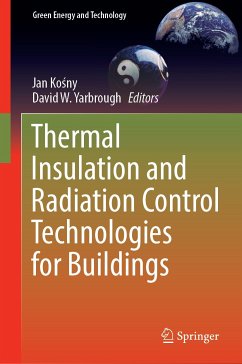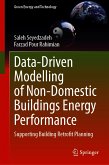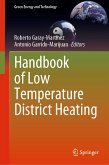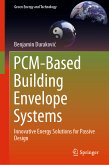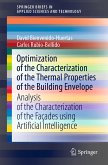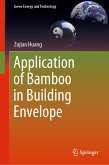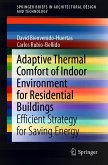The book does not require an advanced mathematical background. The authors provide sufficient information to provide a qualitative understanding, with more mathematical sections included for those interested in modeling and analysis. The basic physics associated with heat transfer in buildings are presented, along with the steady-state and transient analysis techniques needed for the effective implementation of thermal insulation and assemblies.
Modern building design involves the integration of comfort, safety, economics, durability and cost considerations, all of which impact the selection and use of thermal insulation materials in buildings. In addition to theoretical explanations of the underlying science, the book details the properties and application of new thermal insulation materials, including vacuum panels, gas-filled panels, aerogels, phase-change materials, and radiation control technologies.
Given its scope, the book will be of interest to researchers and building engineers wishing to understand the latest technologies and materials available, so as to achieve reduced energy consumption in commercial and residential buildings.
Dieser Download kann aus rechtlichen Gründen nur mit Rechnungsadresse in A, B, BG, CY, CZ, D, DK, EW, E, FIN, F, GR, HR, H, IRL, I, LT, L, LR, M, NL, PL, P, R, S, SLO, SK ausgeliefert werden.

